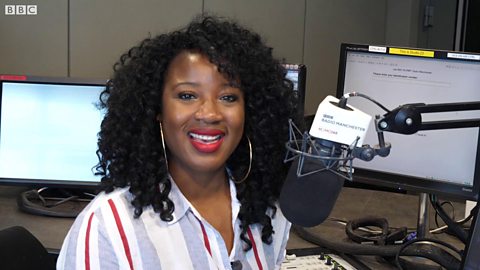Hello I’m Steph McGovern, I’m a journalist and I work on programmes like BBC Breakfast, Shop Well for Less on BBC 1 and Watchdog, which is made here in Media City in Salford.
So basically I have two jobs here at the BBC.
One is as a presenter where you will see me on television delivering the news to you or talking about what’s going on in the world.
The other job is as a journalist and that’s where I am trying to find stories and guests which will help me to explain the news to everybody who’s watching. I do that job with a team of producers and they are people who work hard finding guests and stories and unearth all the information that will help us to explain things to you.
Some of the first places we look for stories are websites, social media and newspapers. So you will often see me on my phone, and
I’m not just chatting to my friends I’m looking for stories.
I have to think about the kinds of stories that will work well on the programmes that I’m on because different programmes have different types of audience.
Then we have to make sure we have all the facts right before we take it to the editor of the programme to see what they think about the idea.
I also look at different news and business websites all the time to see how other media organisations around the world are reporting on the news.
Social media is a great place to look for guests and stories. I follow lots of journalists and organisations on Twitter and Facebook as they often get the stories first.
I also follow normal people too to see what they’re talking about and what’s trending as this can spark great ideas!
It’s really important when you do a job like mine to always be a journalist. That means keeping your eyes and ears open at all times, so you could overhear something at a supermarket checkout and think: “That’s quite interesting; there’s something in that.” Or you could be on the bus on the way home from school.
If we decide we want to run a story, we have to make sure the facts are correct by checking the original source and also with the people involved. We never run something we don’t know is true and neither should you.
The whole Breakfast team are always on the look-out for interesting and original stories and then we have to find guests to come in and talk about them or sometimes we go to the location of the story and report from there.
As journalists we do a lot of research so I know about the topics I’ll be talking about on air.
For example, if I’m interviewing a business owner I need to know everything about that business, or an actor who has just been in a film I need to watch the film that they are in, that’s a nice part of the job.
My top research tip: Find a different angle – the audience doesn’t want to hear the same story again and again.
Tell them something new and that they haven’t heard before or tell the story in a different way.
To sum up – Always check your facts including numbers and statistics.
Don’t take it for granted that what you read online is true.
Remember you can find stories anywhere. The internet and newspapers are good but don’t forget to talk to people and listen to what’s going on around you.
So you’ve found out how we find stories for BBC News. Now it’s your turn to have a go!
Steph McGovern and the BBC Breakfast team are always on the lookout for stories which will help to explain the news to the audiences who are watching.
Steph works with a team of producers to research stories, before asking the editor their opinion.
Websites, social media and newspapers are good places to look for stories as well as talking to people.
A journalist must be attentive at all times, because you may hear something interesting in the supermarket, on the bus, or on the way home from school.
Journalists do lots of research into the stories they're reporting and must always check their facts and statistics.
Don’t take everything you read on social media or online as the truth. Be sure to always check it with an original source or the people involved.
Her top research tip is to find a different angle on stories and tell the audience something they haven’t heard before - or tell stories in a different way.

Online storytelling tips from award-winning YouTuber, Jessica Kellgren-Fozard. video
Award-winning YouTuber, Jessica Kellgren-Fozard tells us a how she honed her craft and what the secret is to being a great online storyteller.
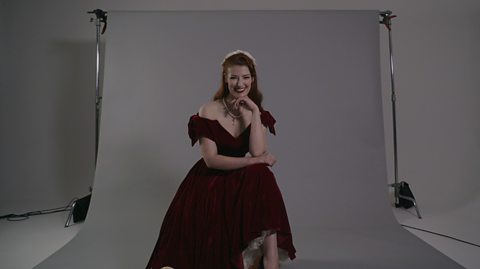
Tips on storytelling and making a documentary from Mim Shaikh. video
Mim shares his experiences and advice about how he told his story and made a documentary.
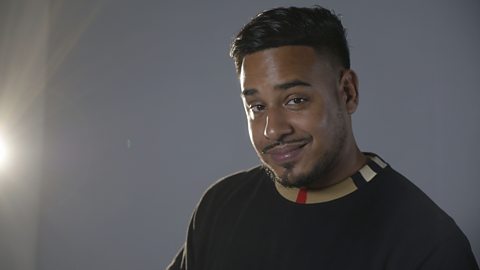
Storytelling in video games with Rhianna Pratchett. video
Rhianna Pratchett explains exactly what it takes to tell a good video game story and what you need to do to get started.
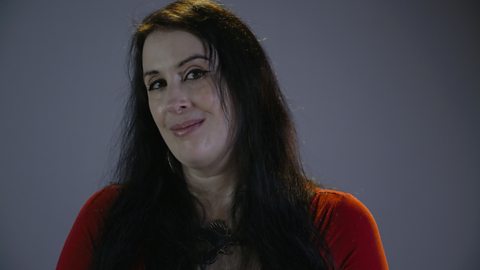
Observational storytelling tips from comic Suzi Ruffell. video
Acclaimed comic Suzi Ruffell explains how she's been delighting audiences with her own brand of observational storytelling for over a decade.
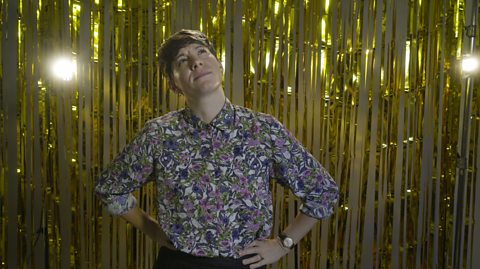
Tips from sporting presenter Jessica Creighton. video
Covering sports stories means more than just knowing the rules of the game and the names of the players.
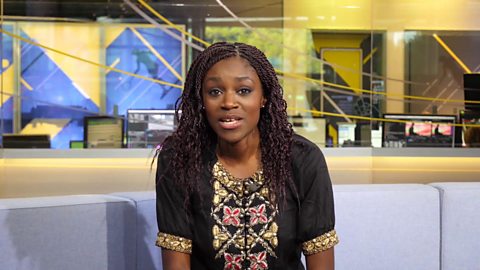
News presenting tips with Roger Johnson. video
Insights into news presenting from Roger Johnson, presenter of the BBC regional news programme North West Tonight and BBC Breakfast at the weekend.
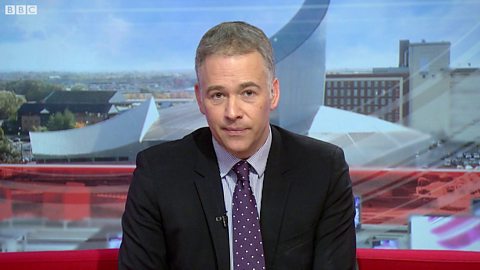
Reporting the weather with Ben Rich. video
Watch the video, download the guide to reporting the weather, and then have a go at making your own weather forecasts.
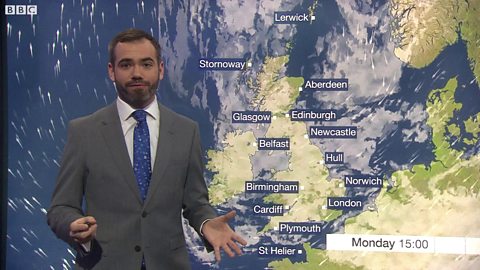
Top tips for filming on a smartphone. video
Film-makers are producing documentaries and feature films on smartphones, and you can do the same
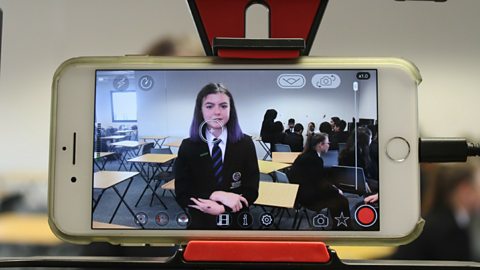
Making news for radio and podcast with Ngunan Adamu. video
Making a report for radio or a podcast isn’t quite the same as making something for TV or the internet.
